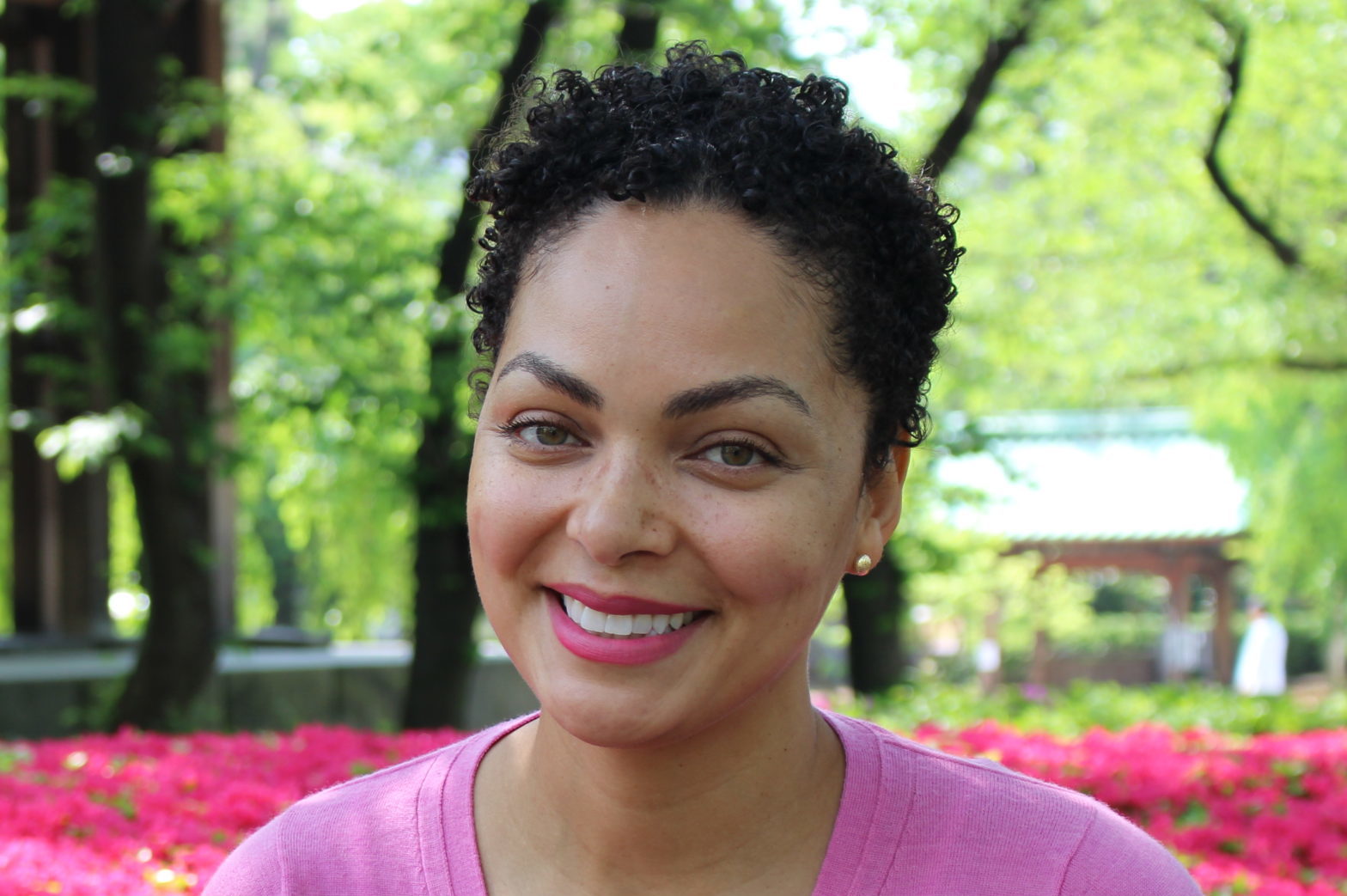Adelle Thomas
Senior Caribbean Research Associate at Climate Analytics; Visiting Researcher, University of the Bahamas

Education: Ph.D. in Geography (Rutgers University), M.S. in Geography (Rutgers University), B.S. in Civil Engineetring (University of Minnesota), B.A. in Engineering Science (Macalester College)
What attracted you to a career in education?
After graduating from undergrad and taking on a full time job in engineering, I realized that I missed the rhythm of the school year and the constant learning required when being in school. After two years of an office job with only two weeks of vacation per year, I decided to pursue a career in academia. I knew that I wanted a career where I would be constantly learning and challenging myself as well as creating new knowledge.
How has your education in geography prepared you for this position?
I specifically chose geography as a field for my graduate studies due to the broad nature of the field. In graduate school I was able to take classes in both physical and human geography as well as in other related social sciences. This exposed me to a plethora of schools of thought and approaches to understanding the world that we live in. In my research field of human dimensions of climate change, it is particularly beneficial to be able to understand both the physical processes that lead to climate change as well as the implications for society. Having a background in geography has prepared me to understand the multiple aspects of climate change as well as other environmental issues.
What geographic skills and information do you use most often in your work? What general skills and information do you use most often in your work?
Geographic skills: explaining human-environment relationships, GIS skills, deep understanding of globalization and how the world is connected.
General skills: analysis of literature, critical thinking, writing for both scientific and general audiences, presentation skills, teaching students of all ages and backgrounds.
Are there any skills or information you need for your work that you did not obtain through your academic training? If so, how/where did you obtain them?
Organizational skills have been imperative when trying to juggle teaching multiple classes, conducting and publishing research and acting as an advisor for governmental institutions. The ability to break down complex concepts and ideas into easily digestible information for sharing with the general public, as well as presentation skills.
These skills were obtained through trial and error and through involving myself in situations that were outside of my comfort zone. Speaking at public events forced me to hone my presentation skills and learn to translate my research into information that anyone can understand and want to explore further. You can’t be afraid to challenge yourself and learn some new skills.
Do you participate in hiring, screening, or training of new employees? If so, what qualities and/or skills do you look for?
Yes. I look for people that are comfortable in their own skin, that recognize their past challenges and have grown from them, that are confident in what their research has to offer, that are open to learning new skills, that are open to a challenge, and mostly those that have a sense of humor!
What do you find most interesting/challenging/inspiring about your work?
There’s always something new. As a geographer in a small island setting, I am constantly being called upon to be involved in projects that have anything to do with the environment. I’ve been involved in projects that are far outside of my area of specialization, but since I am a trained geographer, I am often viewed as the most suitable to learn about the new area and to offer insight. This has exposed me to things as diverse as marine protected areas, sustainable development planning, ballast water management, access and benefit sharing for genetic materials and climate change adaptation planning. All of these opportunities have allowed me to interact with different groups of people and to increase my knowledge about the particular challenges facing small island states.
What advice would you give to someone interested in a job like yours?
Be open to new opportunities and don’t be afraid to get involved in areas that may be outside of your area of study. Translate your research to be understood by people outside of academia and get involved with NGOs. Involve students in your research efforts.
What is the occupational outlook for career opportunities in your field/organization, esp. for geographers?
There are many opportunities in the area of climate change that are specifically looking for geographers. The way that geographers understand the world and spatial relationships are in high demand as we attempt to pursue a global solution to climate change. With our broad backgrounds, geographers are in an ideal position to engage in many different research areas and we bring a unique perspective to understanding issues. GIS is in high demand so having this skill set will also be a bonus.